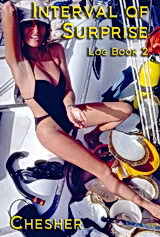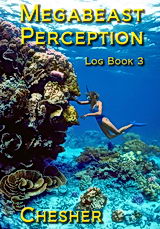Fields of Perception
We alter our field of perception, become new patterns of behavior.
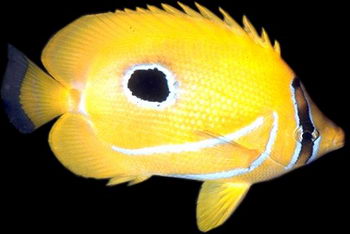
New perceptions
-
rise above the horizons of our past,
-
guide us into the future,
-
change our movements,
-
our next perceptions,
-
our memories.
-
Each perception emerges within a framework formed by the memories of the past actions of our lives.
Awareness of perceptions
is structured by memories of how to behave to take information from self and surroundings
and continue on our voyage.
Our field of perception,
determined by our sensory abilities, our
memories and actions, is at once a guide
and a limitation.
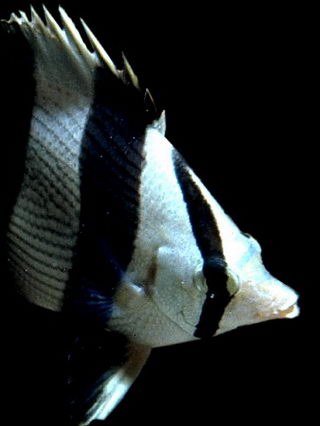
The window of mind
Our
understanding of the world around us is based
on our perceptions yet our perceptions are so
basic to our thoughts and feelings that we seldom
think about them at all, until they fail us.
It
normally does not occur to us that all of the
many things we do each day are possible only
because of our human panorama of sensory organs
that enable us to create a mental model of such
marvellous complexity and detail. Nor does it
cross our minds that our beliefs and thoughts
about the world also depend on our perceptual
abilities - what we can see, hear, taste, feel,
and understand.
It
will be useful, in the exploration of This Magic
Sea, to remember that most of our biological
perceptual abilities, and the wonderful detailed,
full color 3D world with smells, tastes, sounds
and feelings we take for granted did not exist
at all a few hundred million years ago, before
eyes were invented.
And then there was vision
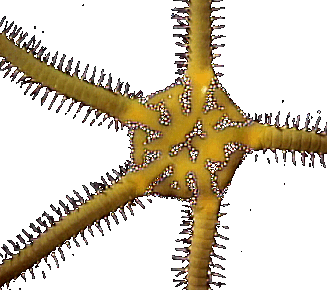
The same world was
here, with its blue skies and clouds, its oceans, rivers and lakes. Our earlier life forms
experienced powerful biological needs and urges, but life had not yet evolved eyes, ears,
noses, and the other sensory organs we now enjoy.
Without
these organs of perception, life forms
- like this green brittle starfish - do not
form the fabulous mental imagery you and I enjoy
every moment of our lives.
For billions of years, until
humans discovered
science and its technological methods of altering
fields of perception, organisms evolved
new physical forms and thereby altered their
horizons of perceptions.
The evolution of the eye
from light sensitive cellular organs gave beings
the ability to gather information sightless
beings could never be aware of and in the process,
changed the behavior of those that could see
and guided them into new patterns of being,
new forms.
Our most precious inheritance
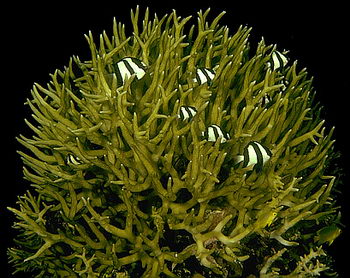
We inherited our
sensory abilities from a multi-billion year effort to improve our ability to perceive the
world and reduce the surprises that come from beyond the horizons of our perceptions.
Most
of our sensory abilities are sub-conscious. We
don't pay attention to all the light falling
on our retinas. We see the photo of the coral
and the fish rising above it into a world of
vision. We see the words on the screen, but
we ignore the peripheral vision that sees 180º
to either side and more than 90º vertically.
We ignore most of the sensations of touch on
our body (our clothes, our feet touching the
ground, the surface we rest our hand on). We
ignore the sounds, smells and tastes of the
world - until they change. or otherwise require
our attention. We get so used to our framework
of references - how the world looks and feels
from our viewpoint - much of the world just
vanishes from our conscious
mind.
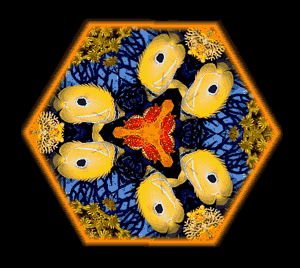
Altering the field of perception
By changing our viewpoint, we become aware of perceptions
that would otherwise be lost to our conscious
minds. The whole world can take on a new and
wonderful perspective through a kaleidoscope.
The kaleidoscopic presentation of the coral world of the butterfly
fish seems delightfully new and different.
The kaleidoscopic mirrored view changes our perspective so we can glimpse
the nature of the web of communications created by the fish and its
prey. But this web is much more complex than
the geometry offered by the kaleidoscope, and visualizing communication webs requires special
thinking tools and an array of basic observations
to build up a mental model of communication
webs and the threads
of awareness constructing them.
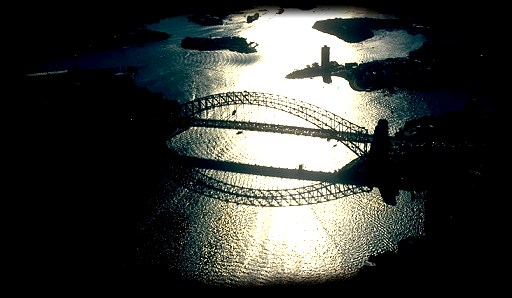
Magnifying glasses, microscopes,
telescopes, computers and cameras have altered humanity's perceptions of the world and
from these altered perceptions have come new patterns of behavior and vast webs of
communications that link our minds to whole new vistas of learning.
The use of instruments and computers to measure natural events
beyond our individual horizons of perception drastically alters how we behave and what we
will do. Our technological senses alter our fields of perception far more rapidly than the
slow process of cellular learning.
When transmission of memories moved from the carbon-based internal
genetic system to the written language of Man, perception leaped forward in amazing new directions. Humanity's development is still an
evolutionary process, but the instructions, the memories of how to build new sensory
systems, are now stored in our interhuman memory bank of libraries and computers and
transmitted quickly through the human population within and between successive generations
of individuals. And each new perceptual ability results in new patterns of behavior.
You
might like to try a few of the many experiments
offered on The
thread of awarenss website to adjust
your field of perception. They will help
you perceive the elusive thread of awareness
in chaos we are tracking on this expedition
into This Magic Sea.


